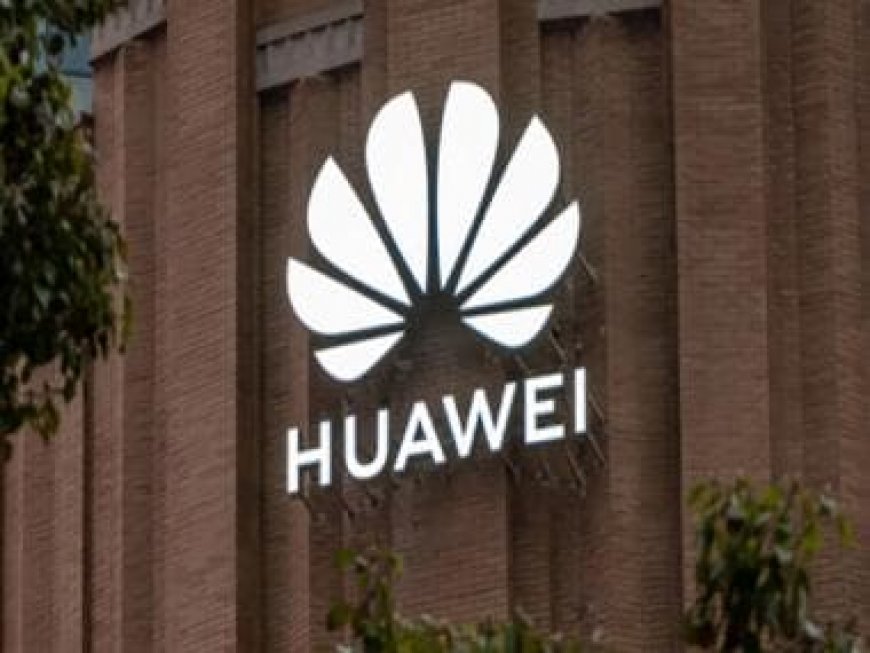Huawei’s Snooping Act: Chinese tech giant ships Chinese surveillance chips to security cam makers
Huawei’s Snooping Act: Chinese tech giant ships Chinese surveillance chips to security cam makers

A unit within Huawei Technologies is reportedly shipping newly developed China-made chips for surveillance cameras, indicating that the Chinese tech giant is finding ways to navigate around four years of US export controls, as per a report by Reuters.
Two sources who were briefed on the unit’s activities revealed this information.
According to one of the sources and a third source familiar with the industry supply chain, these chip shipments to surveillance camera manufacturers began this year, and at least some of the customers are Chinese. This development is part of Huawei’s broader efforts to overcome export controls imposed by the US since 2019, which restrict the company from sourcing components and technology from US firms without authorisation.
The source familiar with the surveillance camera industry’s supply chain noted that manufacturing surveillance chips is relatively less complex compared to smartphone processors and suggested that HiSilicon’s return to this market would have a significant impact.
One crucial aspect of Huawei’s success in this endeavour appears to be its ability to work around US restrictions on chip design software. In March, Huawei announced advancements in design tools for chips produced at and above 14 nanometers, which is a few generations behind cutting-edge technology but still represents progress for the company.
HiSilicon, Huawei’s chip design unit, primarily supplies chips for Huawei equipment but had external customers such as Dahua Technology and Hikvision before the US export controls were imposed. In 2018, HiSilicon held an estimated global share of 60 per cent in the surveillance camera sector, but by 2021, this share had dropped to just 3.9 per cent, according to data from consulting firm Frost & Sullivan.
One source familiar with the unit’s activities mentioned that HiSilicon had shipped some low-end surveillance chips since 2019 but had a stronger focus on the high-end market, aiming to regain market share from competitors like Taiwan’s Novatek Microelectronics Corp.
All three sources chose to remain anonymous due to the sensitive nature of the matter, and Huawei declined to provide comments on these developments.
Notably, in late August, Huawei launched the Mate 60 Pro, a smartphone equipped with an advanced chip capable of 5G speeds. While the phone’s 5G capabilities and chip manufacturing details were not officially disclosed by Huawei, research firm TechInsights suggested that the chip, the Kirin 9000S, was most likely produced in China by Semiconductor Manufacturing International Corp (SMIC). Previously, Huawei collaborated with Taiwan’s TSMC for chip manufacturing.
The launch of the Mate 60 Pro prompted calls from US lawmakers for additional pressure and stricter export controls on Huawei and SMIC. However, US Commerce Secretary Gina Raimondo noted that the US lacks evidence that Huawei can produce smartphones with advanced chips in large volumes.
The US sanctions have limited HiSilicon’s access to electronic design automation (EDA) software from companies like Cadence Design Systems Inc., Synopsys Inc., and Siemens AG’s Mentor Graphics. These companies dominate the chip design sector, which plays a crucial role in creating chip blueprints before mass production.
TechInsights analyst Dan Hutcheson suggested that Huawei may have accessed sophisticated EDA tools that they are not supposed to have, either through illicit means or potentially through the development of their own EDA tools.
What's Your Reaction?


























































